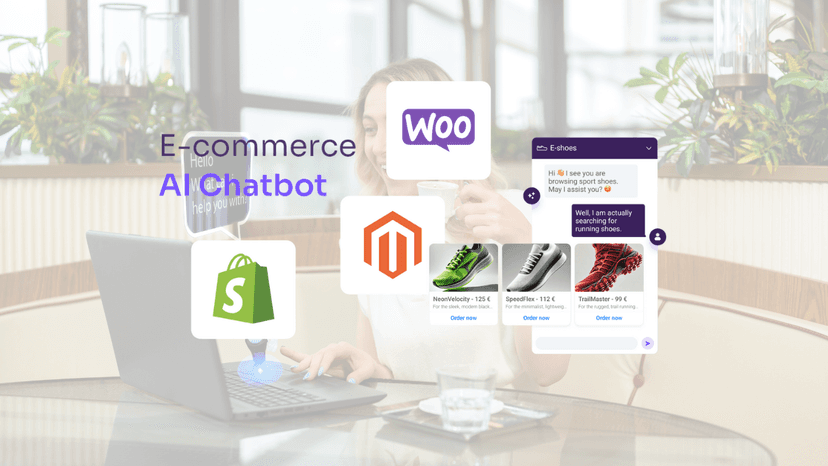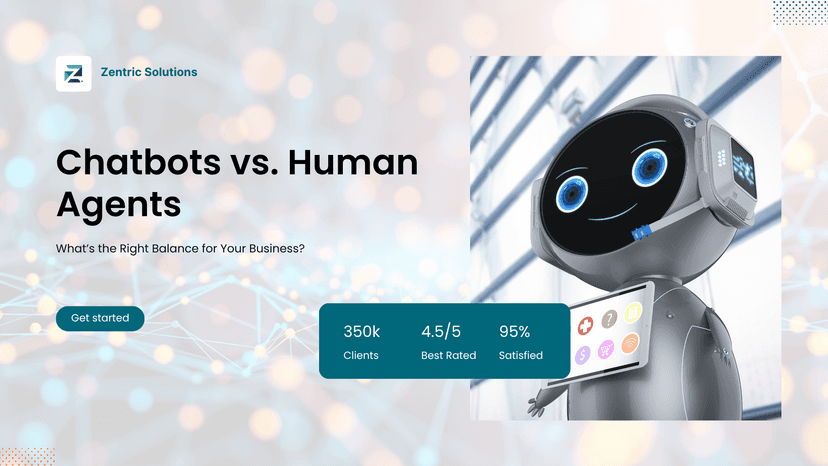
Selecting the best software development partner for your company might be the difference between expensive setbacks and quick progress in the fast-paced digital economy of today. Since almost every business operation is driven by technology, the effectiveness, client satisfaction, and long-term profitability of your software solutions are directly impacted by their quality.
However, how can you determine which of the hundreds of IT firms and independent contractors accessible worldwide is indeed the greatest fit for your project? To make sure your investment yields the intended outcomes, we'll take you step-by-step through the process of choosing a trustworthy, knowledgeable, and dependable development partner in this post.
Importance of the Right Software Development Partner
Choosing the correct partner is a strategic business decision rather than just a vendor selection. These days, software is intricately linked to every facet of a business's activities. A well-designed software program can improve client experiences, expedite processes, and provide the groundwork for future expansion. For instance, a cloud-based platform can effectively handle distant operations, while a specialised CRM system can automate sales procedures.
On the other hand, collaborating with a partner that lacks experience or credibility might lead to a lot of problems. Software that has been poorly built frequently has security flaws, bugs, and lacks necessary features. Budgets can go out of control, projects can be delayed, and occasionally companies are compelled to start again with a new development team. This is why careful evaluation and due diligence are crucial before entering into any partnership.
Defining Your Goals and Requirements
Understanding your own requirements is the first step towards selecting the ideal software development partner. Even the best development team will find it difficult to meet expectations if there are unclear goals and a poorly defined project scope. Begin by determining the issue that your software must resolve and the desired results. Assess if you require an enterprise solution, a web-based platform, a mobile application, or a combination of these.
Determining the platforms your program will run on and your target user base are equally crucial. Knowing these elements guarantees that the partner you select has the required experience and enables you to express your expectations clearly. Additionally, a well-documented project requirement aids in avoiding scope creep and misunderstandings, two frequent reasons for delays and budget overruns.

Evaluating Experience and Technical Expertise
Experience counts when it comes to software development. A partner with a track record of success in your sector will be aware of the particular difficulties and legal criteria that your company must meet. For instance, a financial application needs strong encryption and PCI DSS compliance, whereas a healthcare software project needs to strictly follow HIPAA and GDPR rules.
Technical know-how is yet another important component. The ideal collaborator should be knowledgeable about the programming languages, frameworks, and tools required for your project. Additionally, they should be able to suggest the best technology stack for you based on business goals, financial constraints, and scalability needs. You may learn more about a company's capacity to provide high-quality solutions by looking through their case studies, portfolio, and customer reviews. Before you commit to a full-scale partnership, you can further verify their skills with live demos or sample projects.
The Importance of Communication and Project Management
Collaboration and effective communication are the cornerstones of a successful software project. If there is a breakdown in communication, even the most technically proficient developers may fail. When assessing possible partners, observe how they interact with you in the first conversations. Instead of just agreeing to everything, a trustworthy partner will clarify expectations, ask questions, and offer well-considered suggestions.

Project management techniques hold equal significance. Agile approaches are frequently used in modern software development because they enable flexibility and incremental improvements as needs change. If the requirements for your project are well-defined and constant, a conventional Waterfall approach might also be effective. Whatever the approach, consistent progress reports, milestone monitoring, and open lines of communication guarantee that your project remains on course and minimizes surprises.
Balancing Cost and Long-Term Value
Cost is unavoidably a significant factor, but selecting a partner only on the basis of pricing can ultimately prove to be an expensive error. At first glance, a low-cost vendor could seem appealing, but it could lead to badly written code, missed deadlines, and unforeseen maintenance costs. Instead, think about the total cost of ownership, which covers not just the development expenditures but also any scaling needs, future updates, and continuing maintenance.
Although a trustworthy software partner may charge more up front, they will provide a long-lasting, secure solution. In the end, this method saves money and eliminates the hassles of repairing subpar software.
Conducting Due Diligence Before Signing a Contract
Doing extensive due diligence is crucial before making your ultimate choice. Examine the company's reputation by reading independent reviews or ratings and talking to previous customers. Verify sure the projects they feature in their portfolio were completed effectively and ask for references.

Another crucial component of due diligence is legal and contractual protection. Make sure the agreement specifies project deliverables, deadlines, intellectual property rights, and post-launch support responsibilities in detail. Non-disclosure agreements must be signed in order to safeguard confidential company data. Ignoring these procedures can put your company at risk for financial and legal issues that could have been easily prevented.
Building a Long-Term Partnership for Growth
The most successful software development collaborations continue after the product is released. Updates, bug fixes, and occasionally new features are necessary for software, which is a dynamic asset, to remain competitive. A competent partner is aware of this and provides post-launch assistance to maintain the functionality and efficiency of your product.
Efficiency for upcoming projects is another benefit of a long-term partnership. A development partner can provide new solutions more quickly and in line with your plan if they have a better understanding of your company processes and objectives. By maintaining continuity, you can make sure that your technology advances with your company rather than impeding it.
Avoiding Common Mistakes
When selecting a software partner, many companies make the same mistakes. One of the most frequent errors that frequently results in unfavorable outcomes is choosing a partner only on the basis of price. Another is neglecting post-launch support, which leaves companies stranded when problems inevitably occur. Even worse is failing to confirm a company's security procedures, which leaves your company vulnerable to data breaches or noncompliance. Patience, investigation, and a readiness to put quality and long-term dependability ahead of immediate cost reductions are necessary to avoid these blunders.
Making the Smart Choice
Selecting the ideal software development partner might determine how your company develops. You may make a confident choice if you use a methodical, deliberate approach to evaluation, concentrating on your objectives, the partner's experience, communication styles, long-term value, and post-launch assistance. A true partner is a strategic collaborator who is invested in your success, not merely a supplier. Choosing the right development partner now is an investment in the future success of your company in a time when technology is driving competitive advantage.

Frequently Asked Questions (FAQs)
1. How to check if a partner is reliable?
A reliable partner has a proven track record, strong client testimonials, and transparent communication. Check their case studies, request references, and ensure they provide clear contracts with timelines and post-launch support.
2. Local or offshore partner – which is better?
Local partners offer easier communication and legal compliance, while offshore partners are cost-effective and provide access to a larger talent pool. The key is strong communication and proven remote project management.
3. Why is post-launch support important?
Post-launch support ensures your software stays secure, updated, and bug-free. Without maintenance, your solution may face performance issues or security vulnerabilities over time.
4. What should be in a development contract?
Include project deliverables, timelines, cost breakdown, intellectual property terms, and NDA for confidentiality. A clear contract prevents future disputes.
5. How to assess a partner’s technical skills?
Review their previous projects, check certifications, and request a demo or proof-of-concept. Hands-on evaluation confirms they can handle your project’s complexity.
6. What are common mistakes to avoid?
Common mistakes include choosing solely on price, ignoring post-launch support, neglecting security, and skipping due diligence. Prioritize long-term value over short-term savings.





